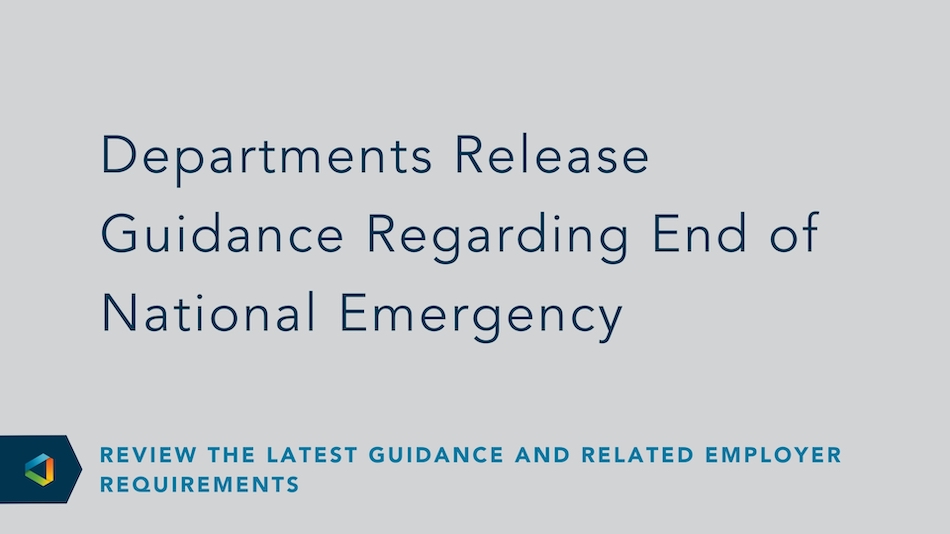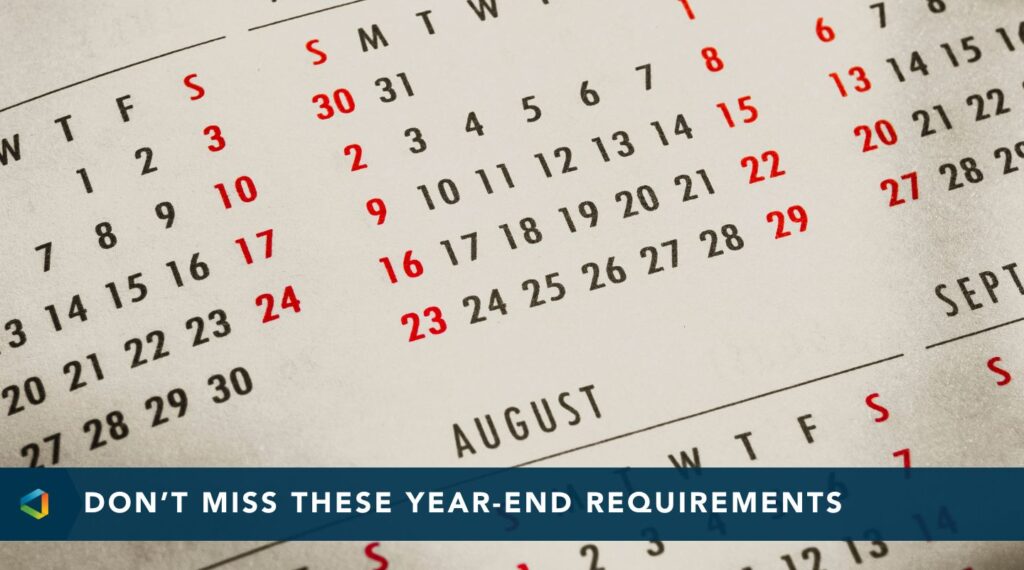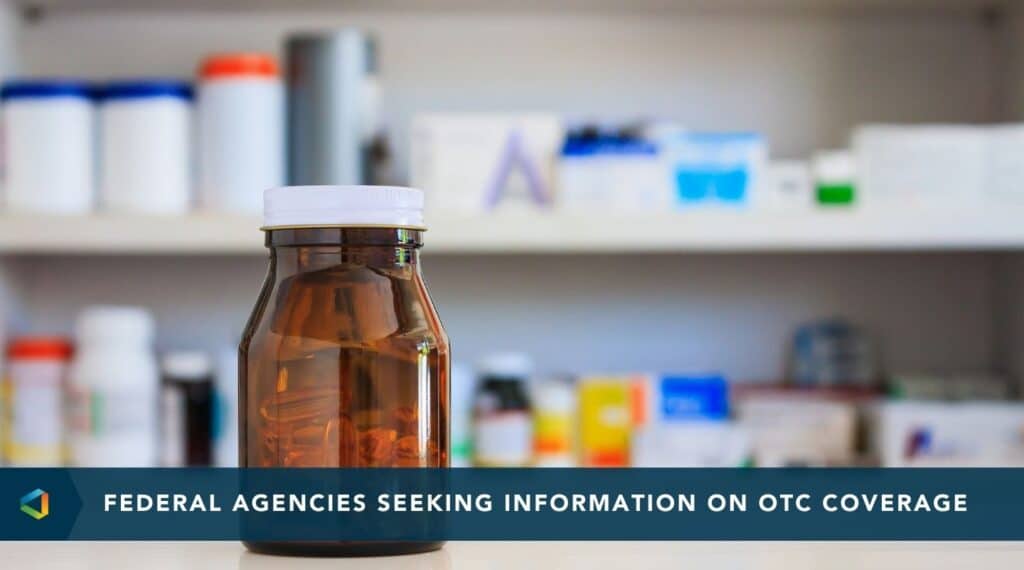Compliance Confidence
COVID-19 Covered Services, Telehealth, and Notice Requirement Clarifications
COVID-19 Covered Services, Telehealth, and Notice Requirement Clarifications
On April 11, 2020, the Departments of Labor (DOL), Health and Human Services (HHS), and the Treasury (collectively, the “Departments”) jointly issued frequently asked questions (FAQs) concerning implementation of the Families First Coronavirus Response Act (FFCRA) and the Coronavirus Aid, Relief, and Economic Security Act (CARES Act).
The FFCRA requires health plans and issuers not to impose any cost-sharing requirements, prior authorization or other medical management requirements for certain items and services related to COVID-19 diagnostic testing. The CARES Act broadened the range of diagnostic items and services that the plans must cover.
The FFCRA and CARES Act mandates are applicable to insured and self-insured group health plans, individual health plans offered through or outside of an Exchange, and student health insurance coverage. Plans are required to comply beginning on March 18, 2020 and must continue to comply during the public health emergency related to COVID-19. It does not, however, apply to short-term limited duration insurance, excepted benefits, and group health plans that do not cover at least two current employees.
These FAQs clarify the following ambiguities with the scope of the FFCRA and CARES Acts costs and coverage requirements and provide guidance on other employee-benefit related compliance issues, such as Summary of Benefits and Coverage (SBC) modifications, telemedicine, and excepted benefits:
Definition of “Visit” |
Includes traditional and non-traditional settings (e.g. drive through screening and testing sites). |
Additional Items and Services Covered |
In vitro diagnostic test to detect and diagnose COVID-19 and administration of test that is:
Items and service provided during healthcare provider office visits (including telehealth visits), urgent care center visits and emergency room visits resulting in an in vitro diagnostic test being ordered or administered but only to the extent the items or service is related to the provision of the test or evaluation of the individual to determine the need for the test. Includes serological tests (FDA states it should not be used as the sole basis of diagnosis):
|
Coverage for Related Tests |
Testing for other respiratory illnesses to determine an individual’s need to be tested for COVID-19 must also be covered only if they result in an order for or testing of COVID-19. |
Who Can Authorize Testing |
Can Authorize: Healthcare provider acting within the scope of the provider’s license. Cannot Authorize: Plan issuer, hospital or managed care organization. |
Out-of-Network Provider Reimbursement |
Negotiated Rate Prior to January 31, 2020: applies through public health emergency. No Negotiated Rate: cash price for service as listed by provider on a public internet website or may negotiate rate for less than such cash price. |
COVID-19 Testing Cost Transparency |
Provider must make the cash price public on public internet website. Penalty of up to $300 per day for noncompliance. |
Summary of Benefits and Coverage (SBC) Notice Requirement |
Departments will not enforce the minimum 60-day advance notice requirement for health plans and issuers to provide to enrollees when making material modifications to the SBC to expand coverage for COVID-19 diagnosis and treatment (including telehealth) during the public health emergency, as long as provided as soon as reasonably practicable. |
State vs Federal Requirements |
Nothing prevents states from establishing additional standards or requirements on issuers for the diagnosis and treatment of COVID-19, as long as they do not interfere with the federal requirements. |
Employee Assistance Program (EAP) & On-Site Clinic Excepted Benefit Status |
EAPs and on-site clinics will not cease to be excepted benefits solely because they offer benefits for diagnostic testing for COVID-19 during the public health emergency. |
Telehealth and Health Savings Accounts (HSAs) Eligibility |
Telehealth and other remote care services without a deductible or with a deductible below the minimum annual deductible will not disqualify an individual from contributing to an HSA for plans beginning on or before December 31, 2021. This is not limited to coverage for COVID-19 related services. |




